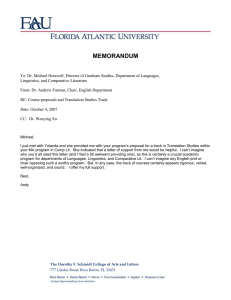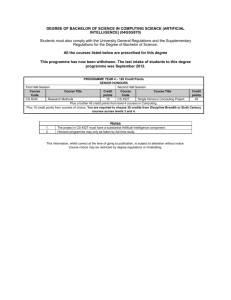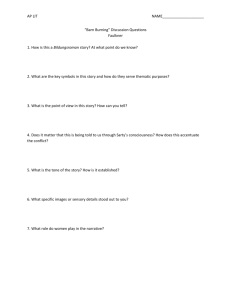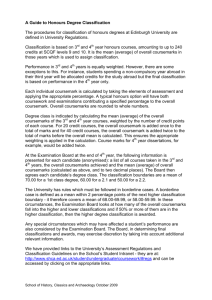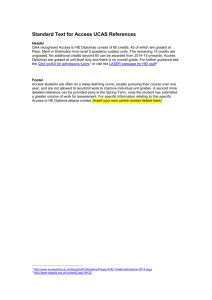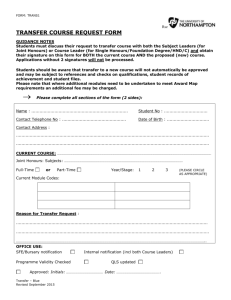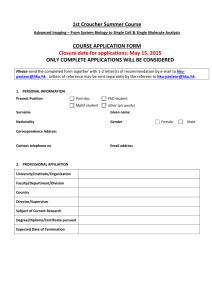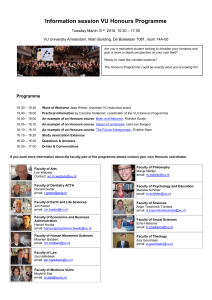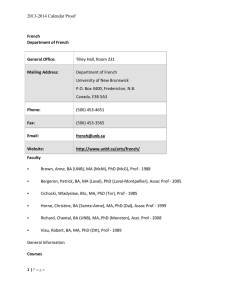English Language Degrees - LLAS Centre for Languages
advertisement
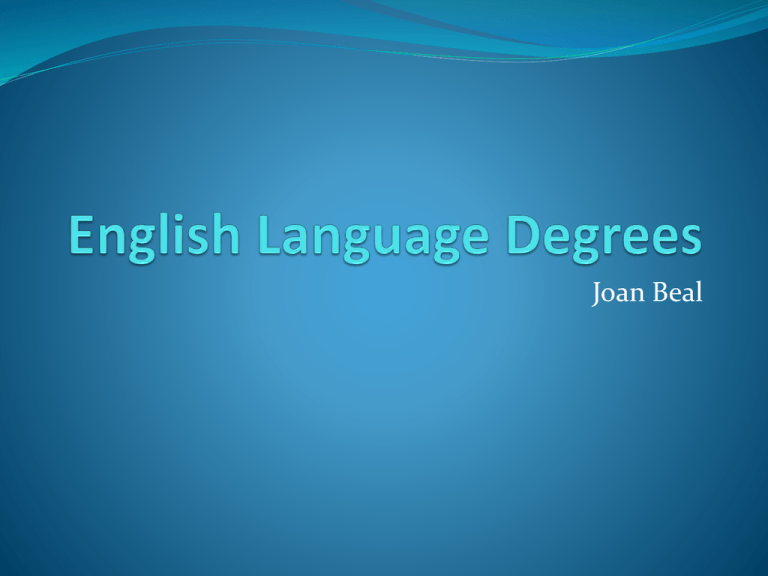
Joan Beal What’s in a name? UCAS website allows search for ‘English Language’ This gives 884 courses Of these only 23 have the title ‘English Language’ 4 are called ‘English Language Studies’ http://www.ucas.ac.uk/ A confusion of codes Courses entitled ‘English Language’ come under 10 different codes Each of these codes is used for a diversity of other courses 300 301 302 304 310 311 Glas Ess Ed Mids Card E.Lo n La n Ang Rus Codes Ban g Sus Ast Hud Ncl Bm Ches Glou Leed s Liv Hop e Port s Read SHU 313 330 140 1Q3 Edge Man Hill Other names Q302 York EL/ lings. Others include EL for international/ exchange students (Essex, Canterbury Christchurch) Lang/ Lit (Lancaster) Q300 90 courses. Only Glasgow is ‘English Language’ Central Lancs is ‘English Language Studies. Others are ‘English’ ‘English Studies’, Lang & Lit or Lit What is an ‘English Language’ degree? A degree called ‘English Language’? A degree including ‘English Language’ What about ‘English Linguistics’? QAA Benchmarks None for ‘English Language’ ‘The breadth of English means that any attempts at prescription should be avoided. It is recognised, for example, that some degree programmes will offer a balance of English language and literature; some will be predominantly or exclusively literature based; others will be predominantly or exclusively language based’. http://www.qaa.ac.uk/academicinfrastructure/bench mark/honours/english.asp#5 Some guidelines... knowledge of literature and language, which in the case of literature should include a substantial number of authors and texts from different periods of literary history. For Single Honours literature students this should include knowledge of writing from periods before 1800; for Single Honours language students this should include a broad knowledge of the history and development of the English language; Some guidelines.... knowledge of the structure, levels and discourse functions of the English language; knowledge of linguistic, literary, cultural and sociohistorical contexts in which literature is written and read; knowledge of useful and precise critical terminology and, where appropriate, linguistic and stylistic terminology; awareness of how literature and language produce and reflect cultural change and difference; Questions What is distinctive about ‘English Language’ degrees? How does ‘English Language’ differ from ‘Linguistics’? Are there core elements that should be present in any English Language degree? Should we produce our own benchmarks?

